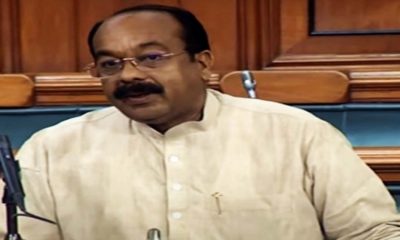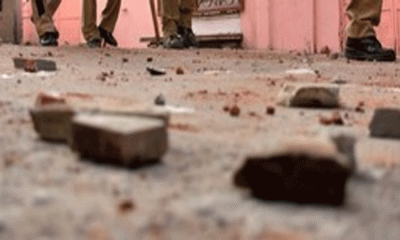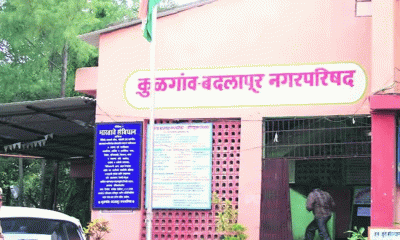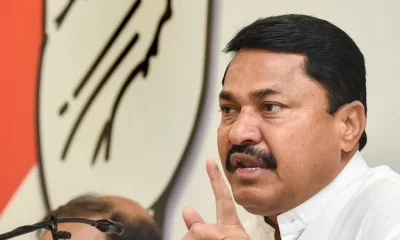Politics
BJP, RSS to take up Dharmapuram Adheenam issue in a big way in Tamil Nadu
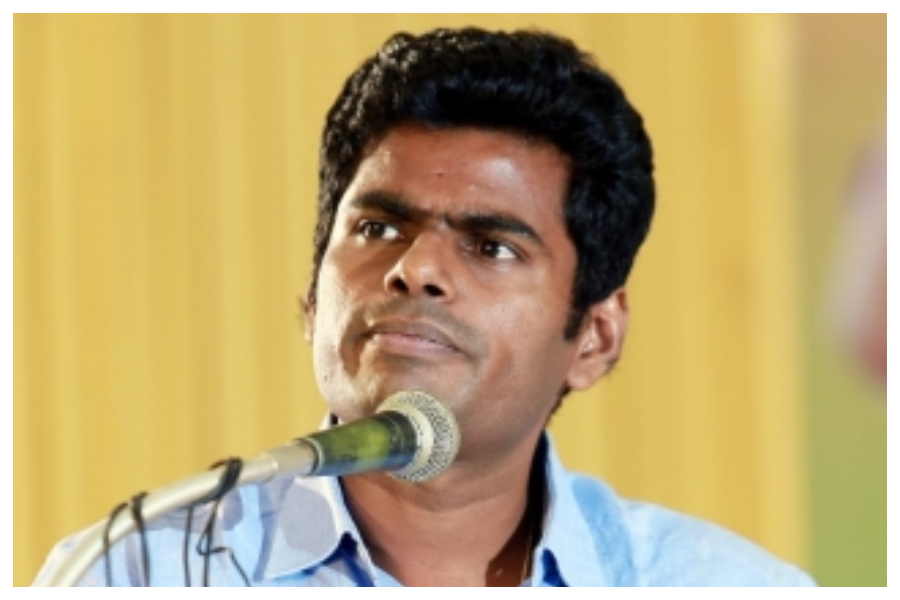
The BJP and RSS in Tamil Nadu have raised objections to DMK government banning ‘Pattina Pravesam’, a ritual of carrying the mutt head of Dharmapuram Adheenam’ in a palanquin and termed it a “political” move.
In a statement on Thursday, BJP state president K. Annamalai said that there was politics behind the ban and it is also being questioned by the people.
Dharmapuram Adheenam, he said, existed even before the birth of DMK ideology, hence, the party would provide all its support to it.
Notably, on April 27, R. Balaji, Revenue Divisional Officer(RDO), Myladuthurai banned the ritual of carrying the head of the Mutt of the Dharmapuram Adheenam in Myladuthurai district of Tamil Nadu in a silver palanquin.
The ban was issued after Tamil Nadu Governor R.N. Ravi visited the mutt. This was following the concern raised by the Dravidar Kazhagar, the ideological arm of the DMK, that allowing ‘Pattina Pravesam’ would lead to law and order situations in the area.
The Adheenam is a Tamil word meaning a Shaivite mutt and the Dharmapuram Adheenam was to carry out the function on May 22 when it was banned by the state government. The current pontiff of the Dharamapuram Aadheenam Srilasri Masilamani Gnanasambanda paramacharya Swamigal took charge of the Mutt on December 13, 2019, and was carried on a palanquin to mark his taking charge as pontiff.
A similar ritual was organised by the mutt at Vaithiswaran Kovil near Seerkazhi when the pontiff was carried in a palanquin on December 24, 2019.
Annamalai said that the BJP will be at the forefront to conduct the ‘Pattina Pravesam’ and he was personally ready to carry the pontiff in the palanquin.
He also said that the same ritual was held even when the DMK leader late M. Karunanidhi, Stalin’s father, was the Chief Minister.
Other than the BJP, the RSS and other organisations owing allegiance to the saffron ideology will also be conducting massive protests across the state. A senior leader of the RSS while interacting with IANS said: “We will coordinate all the like-minded organisations as well as other Mutts and spiritual centres against the government decision. This is a calculated move of the DMK government against the Hindus and the rituals of the Hindus and cannot be allowed.”
Meanwhile, the Vaishnavaite Guru Mannargudi Sri Sendalangara Jeeyar has strongly come out against the ban by the DMK government. In a statement, he said: “I warn this Dharmadrohi and Desadrohi government of Tamil Nadu for their anti- Hindu works. If they interfere with the works of Hindu beliefs and temples there will be strong repercussions from the Hindus.”
Annamalai also said that Article 23 of the constitution on forced labour that was invoked by the Myladuthurai RDO was not applicable to the religious event. He said that pupils who are carrying the palanquins consider this as a divine service to the God.
Business
Maharashtra on path to becoming GCC hub: CM Fadnavis
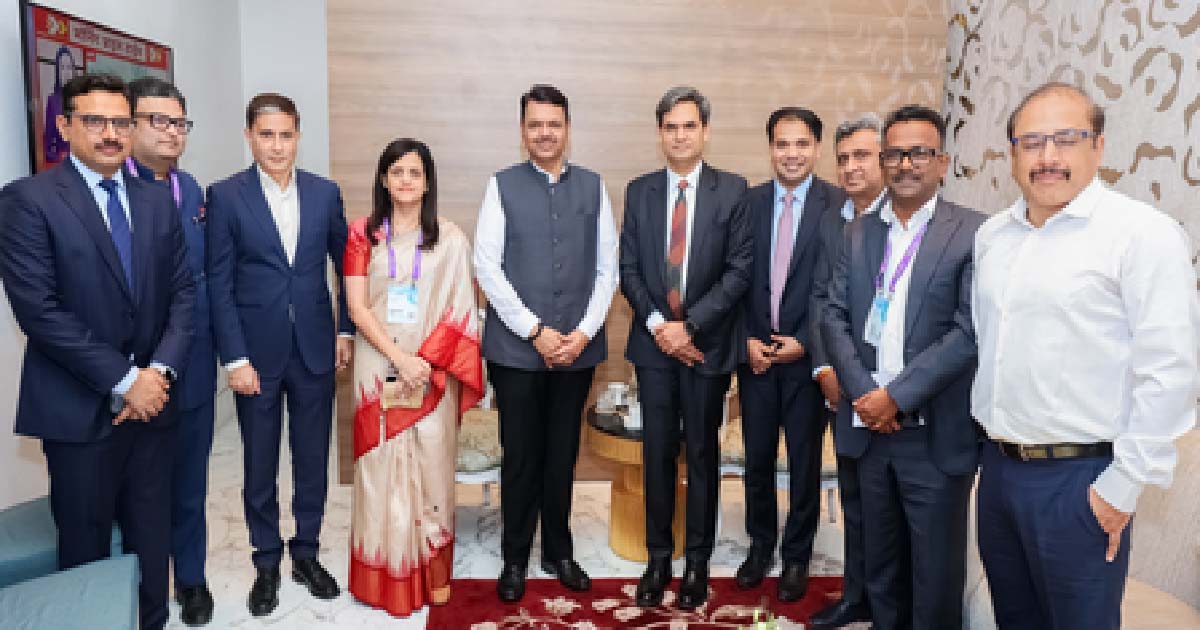
Nagpur, Dec 12: Chief Minister Devendra Fadnavis on Friday announced that a crucial milestone has been achieved in the journey to establish Maharashtra as a GCC (Global Capability Centre) Hub.
He said that the Brookfield company is set to build Asia’s largest Global Capability Centre (GCC) in Mumbai, spanning approximately 2 million square feet.
The Chief Minister said that this project is expected to generate a total of 45,000 jobs, including 15,000 direct and 30,000 indirect jobs.
He stated that due to the state’s talent pool, infrastructure, and industry-friendly environment, Maharashtra is becoming a preferred destination for Global Capability Centres.
“The new GCC policy will lead to large-scale skill-based job creation and economic growth,” he added.
He also mentioned that FedEx, a global leader in the logistics sector, is keen to invest in its GCC and other operations near the Mumbai-Navi Mumbai airport area, said the government release.
The Chief Minister informed that he requested Microsoft to consider Maharashtra for their investments, noting that their largest existing investment is already in the state.
He expressed confidence that Microsoft will make a major investment in the future and take the lead in making Maharashtra an Artificial Intelligence (AI) centre.
The Chief Minister said that Maharashtra’s model for crime control with the help of Artificial Intelligence is a guiding light for the entire country.
Chief Minister Fadnavis confirmed that Microsoft has assured priority to Maharashtra in their largest ever investment in India, amounting to $17 billion.
He further highlighted the ‘Marble’ platform developed by Maharashtra, which helps detect cyber and financial crimes in just 24 hours instead of 3-4 months.
He said that this has resulted in saving people’s money and has expedited the process of tracking criminals.
Crime
Bihar: Robbers posing as police steal goats purchased under CM’s scheme
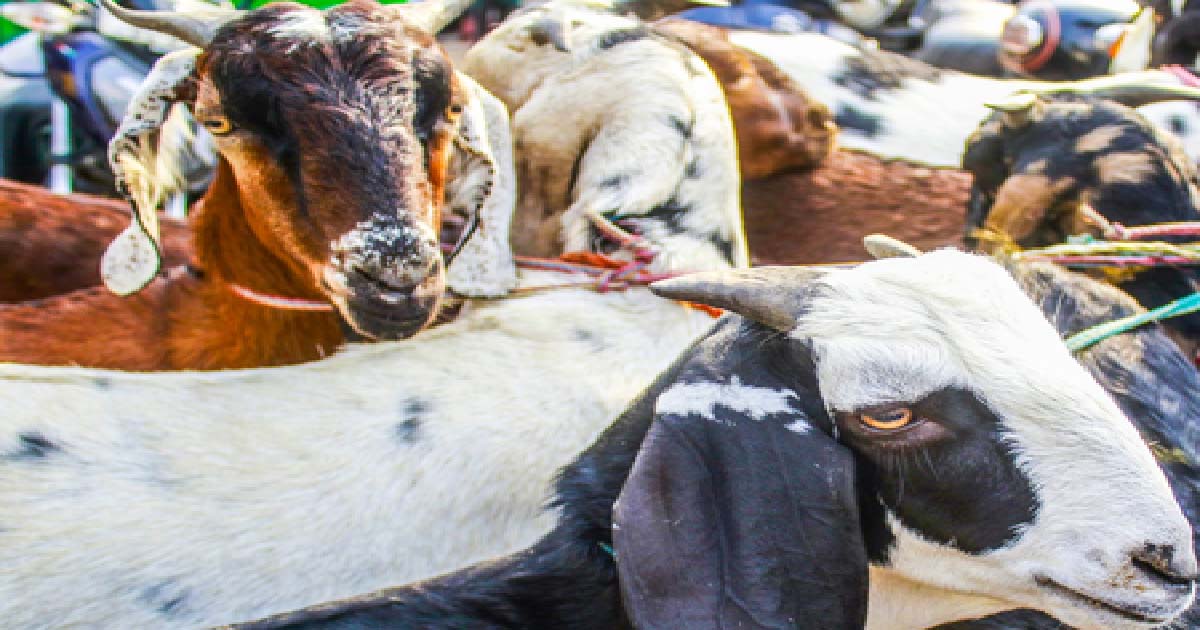
Patna, Dec 12: A shocking incident has emerged from Samastipur’s Vidyapati police station area, where four men posing as police personnel stole goats purchased under Chief Minister Nitish Kumar’s Women’s Employment Scheme.
The incident occurred on Friday in Dhaneshwarpur South Panchayat, Ward No. 9, when the victim, Champa Devi and her family were asleep.
Suddenly, a four-wheeler pulled up outside their home, and the men inside woke the family.
Claiming they were police officials searching for a liquor mafia suspect, the men forcibly entered the premises.
Inside, they took away four goats that Champa Devi had bought using the Rs 10,000 financial assistance she received under the Women’s Employment Scheme.
When she tried to stop them, the accused reportedly brandished a pistol, abused her, and threatened to kill her.
“They said they were police and that a liquor mafia had passed that way. They showed a pistol and told us to move aside. Fearing for our lives, we stepped back. They loaded all four goats into their vehicle and fled,” said Champa Devi.
The same group allegedly targeted another house nearby, stealing three more goats.
According to the victims, they too had purchased the goats with government assistance.
Before the villagers could understand what was happening, the thieves fled in their vehicle with all seven goats.
Locals have demanded strict police action. However, Vidyapati police said they are awaiting a formal complaint to begin proceedings.
“A report of theft has been received, but no application has been filed yet. Action will be taken as soon as we receive it. The gang involved is being investigated,” said Suraj Kumar, Police Officer, Vidyapati Police Station.
The area has witnessed several such goat thefts in the past. Thieves often arrive in four-wheelers—not on motorcycles or on foot—making quick escapes difficult to track.
In an earlier incident a few years ago, villagers even held a DSP hostage after mistaking him for a goat thief.
Under Chief Minister Nitish Kumar’s Women’s Employment Scheme, women are provided Rs 10,000 each to start income-generating activities.
So far, 1.56 lakh women have received the amount. After six months of evaluation, beneficiaries showing positive outcomes become eligible for Rs 2 lakh in additional support to expand their ventures.
Maharashtra
Lack of general civic amenities in Mankhurd Shivaji Nagar, rehabilitation should be done after civic amenities are provided to the victims of Dharavi Rehabilitation Project: Abu Asim
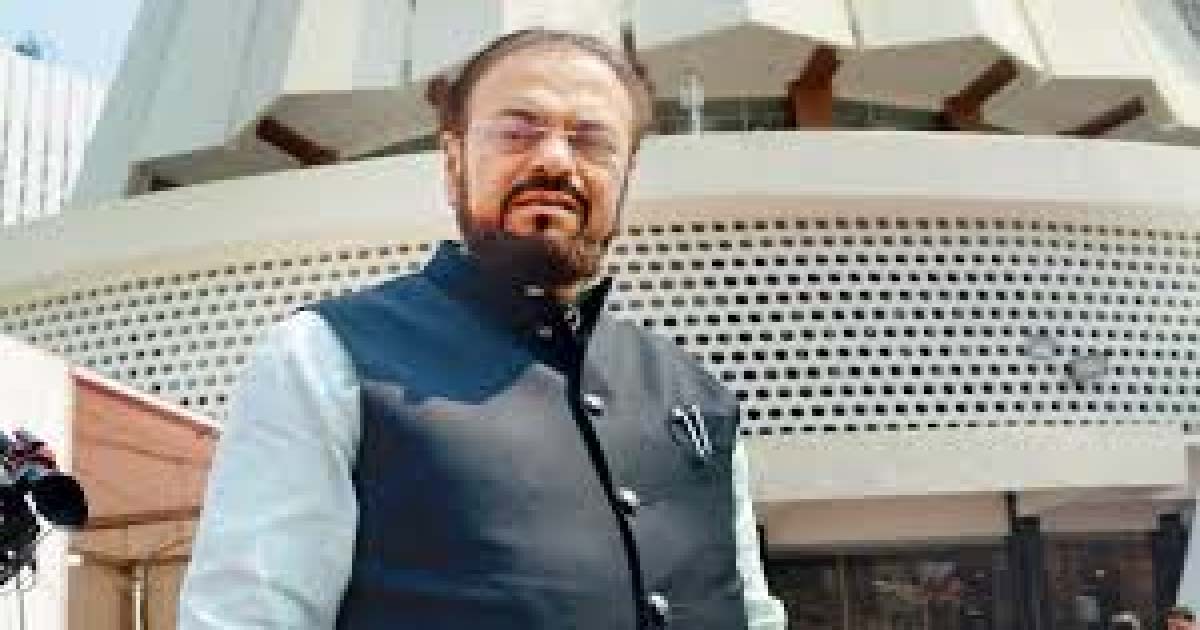
Abu Asim Azmi opposed the development of more waste management for waste disposal in Mankhurd Shivaji Nagar, Mumbai, in the winter session of Nagpur and said that Mankhurd Shivaji Nagar is a slum area. There is already a dumping ground here. There is also a waste management company, which is causing a lot of problems to the citizens. Pollution has increased due to waste disposal. The air here is toxic. On the one hand, a dumping ground is being shifted from Malind and a golf course is being built, and on the other hand, the residents of the slums of Dharavi are being rehabilitated here. There is a lack of civic amenities in Govindi. Until schools, colleges, grounds and religious places, mosques, temples and other places of worship are built, no one should be rehabilitated here. Along with this, the dumping ground and other waste management companies should be removed from here. There is already a waste management company here. Now more such companies are destroying human life. It should be banned immediately, this demand was made by Azmi.
-

 Crime3 years ago
Crime3 years agoClass 10 student jumps to death in Jaipur
-

 Maharashtra1 year ago
Maharashtra1 year agoMumbai Local Train Update: Central Railway’s New Timetable Comes Into Effect; Check Full List Of Revised Timings & Stations
-

 Maharashtra1 year ago
Maharashtra1 year agoMumbai To Go Toll-Free Tonight! Maharashtra Govt Announces Complete Toll Waiver For Light Motor Vehicles At All 5 Entry Points Of City
-

 Maharashtra1 year ago
Maharashtra1 year agoFalse photo of Imtiaz Jaleel’s rally, exposing the fooling conspiracy
-

 National News1 year ago
National News1 year agoMinistry of Railways rolls out Special Drive 4.0 with focus on digitisation, cleanliness, inclusiveness and grievance redressal
-

 Maharashtra1 year ago
Maharashtra1 year agoMaharashtra Elections 2024: Mumbai Metro & BEST Services Extended Till Midnight On Voting Day
-

 National News1 year ago
National News1 year agoJ&K: 4 Jawans Killed, 28 Injured After Bus Carrying BSF Personnel For Poll Duty Falls Into Gorge In Budgam; Terrifying Visuals Surface
-

 Crime1 year ago
Crime1 year agoBaba Siddique Murder: Mumbai Police Unable To Get Lawrence Bishnoi Custody Due To Home Ministry Order, Says Report



